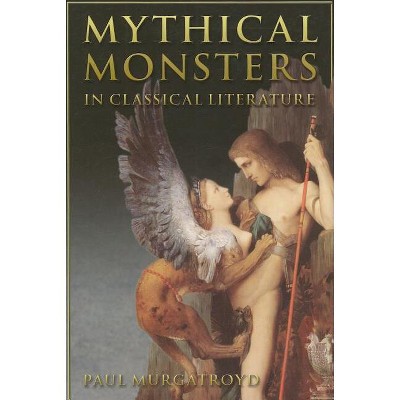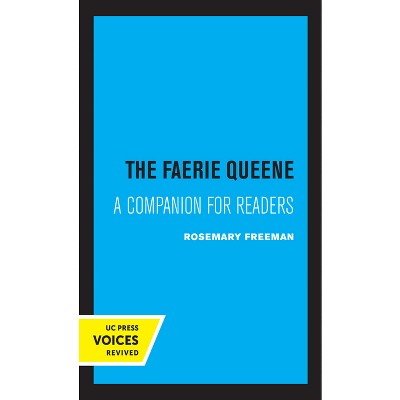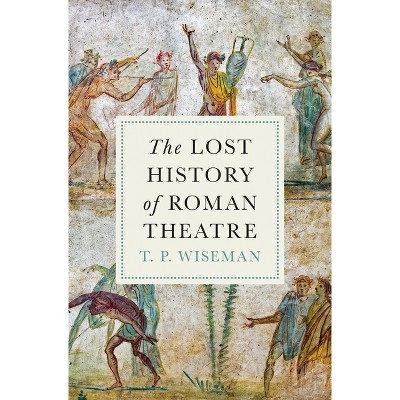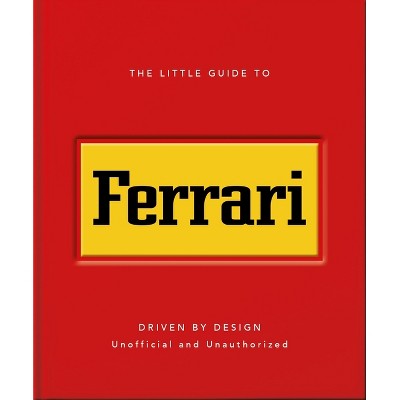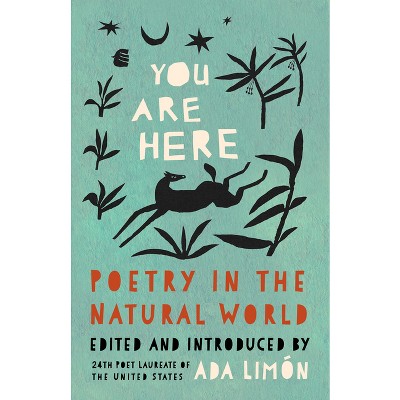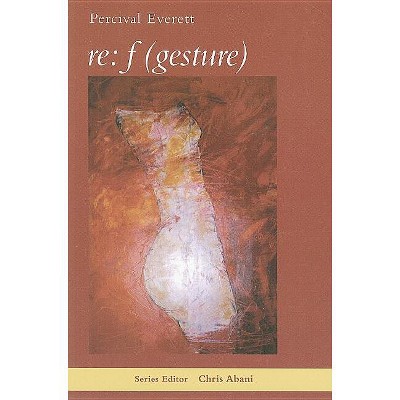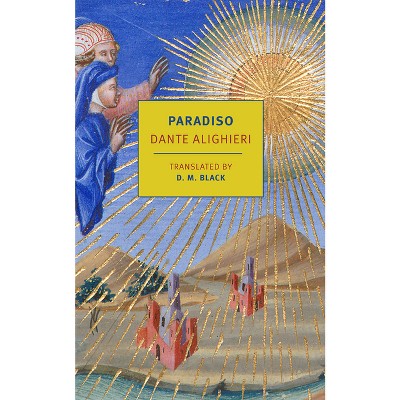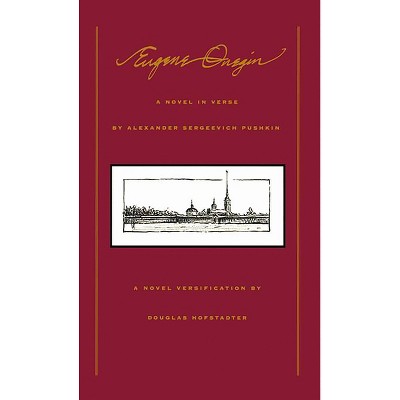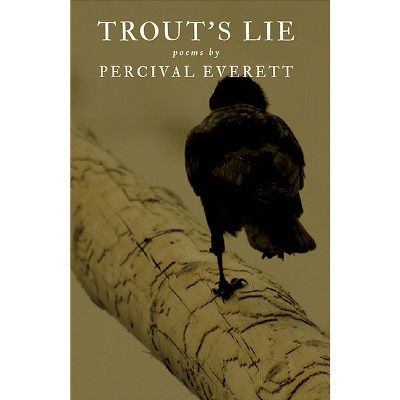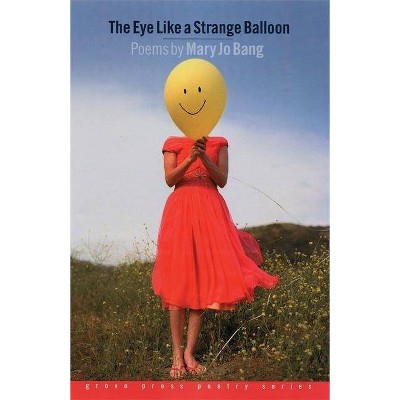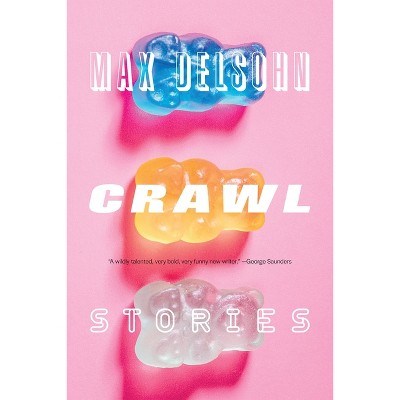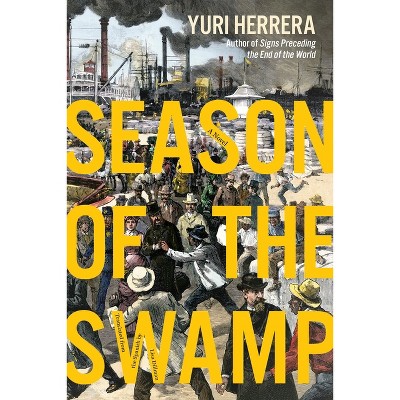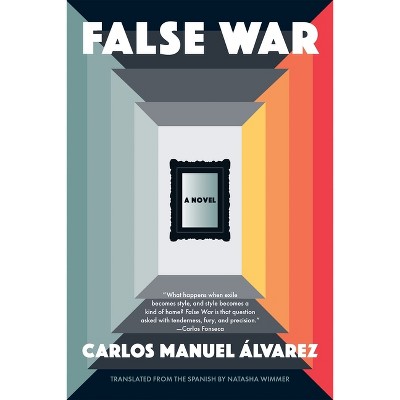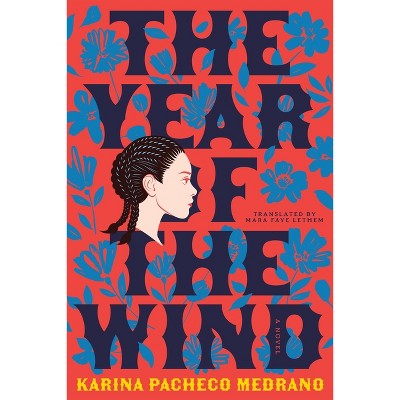Sponsored

Paradiso - by Dante Alighieri (Paperback)
In Stock
Sponsored
About this item
Highlights
- Mary Jo Bang's translation of Paradiso completes her groundbreaking new version of Dante's masterpiece, begun with Inferno and continued with Purgatorio.
- About the Author: Mary Jo Bang has published nine collections of poetry, including Elegy, winner of the National Book Critics Circle Award, and translations of Dante's Inferno and Purgatorio.
- 392 Pages
- Poetry, Ancient & Classical
Description
About the Book
The epic conclusion of Mary Jo Bang's celebrated translation of Dante's The Divine ComedyBook Synopsis
Mary Jo Bang's translation of Paradiso completes her groundbreaking new version of Dante's masterpiece, begun with Inferno and continued with Purgatorio. In Paradiso, Dante has been purified by his climb up the seven terraces of Mount Purgatory, and now, led by the luminous Beatrice, he begins his ascent through the nine celestial spheres of heaven toward the Empyrean, the mind of God. Along the way, we meet the souls of the blessed--those at various proximities to God, but all existing within the bliss of heaven's perfect order. Philosophically rich, spiritually resonant, Paradiso is a reckoning with justice and morality from a time of ethical questioning and political division much like our own.
Bang's translation is a revelation in its artistry, readability, and faithfulness to Dante's ambition for an epic poem that dares to employ language and references recognizable to its readers. In her lyric style and her illuminating and generous notes, Bang has made The Divine Comedy for the twenty-first century.Review Quotes
Praise for Mary Jo Bang's translations of Dante's Inferno, Purgatorio, and Paradiso:
"Bang's translation is uniquely here and now."--Kevin Young, The New Yorker "Bang's thrillingly contemporary translation . . . is indeed epic."--Elisa Schappell, Vanity Fair "This will be the Dante for the next generation."--Publishers Weekly"In her new translation of Dante's Paradiso, translator Mary Jo Bang has brought to bear an eagle-eyed focus on the power of lyric poetry."--Tiffany Troy, Asymptote Journal "For as long as I've known to look for him, Dante has been far from me. To some extent, this is inevitable--to an American living in the twenty-first century, Dante's fourteenth-century Florence is a strange world. English has seen beautiful translations of The Divine Comedy, but none can bring today's reader closer to the poem than Mary Jo Bang's. This is because Bang has recognized that the Comedy is a living poem, contemporaneous with all poetry that has followed it. Having translated it into a language alive to the very moment in which it is meant to be read, Bang has done the impossible: she has revitalized that which is eternal."--Shane
McCrae, author of The Gilded Auction Block
"If you've always wanted to read 'The Divine Comedy, ' but felt intimidated by translations that feel overly formal and highly stylized, here's your salvation."--Ron Charles, The Washington Post's Book Club Newsletter
"What makes a poem more than 700 years old feel relevant today? The poet Mary Jo Bang is uniquely qualified to answer that question because she has spent the last 20 years translating Dante's Divine Comedy," that famous trilogy of 'Inferno, ' 'Purgatorio' and 'Paradiso.' These new translations are lively, contemporary and casual."--Ari Shapiro, NPR All Things Considered
"There is a dearth of good translators in the Anglophone world who recognize and respect language's creatureliness; language is like desire, like the act of wanting it changes us, it transforms us, it constantly makes and reshapes us. Yet, Bang's work, more than rises to this complicated challenge. Her Paradiso and Divine Comedy as a whole is a gift for readers past, present and future. Read it, read them, and let yourself be changed."--Annette LePique, NewCity Lit
About the Author
Mary Jo Bang has published nine collections of poetry, including Elegy, winner of the National Book Critics Circle Award, and translations of Dante's Inferno and Purgatorio. She teaches at Washington University in Saint Louis.
